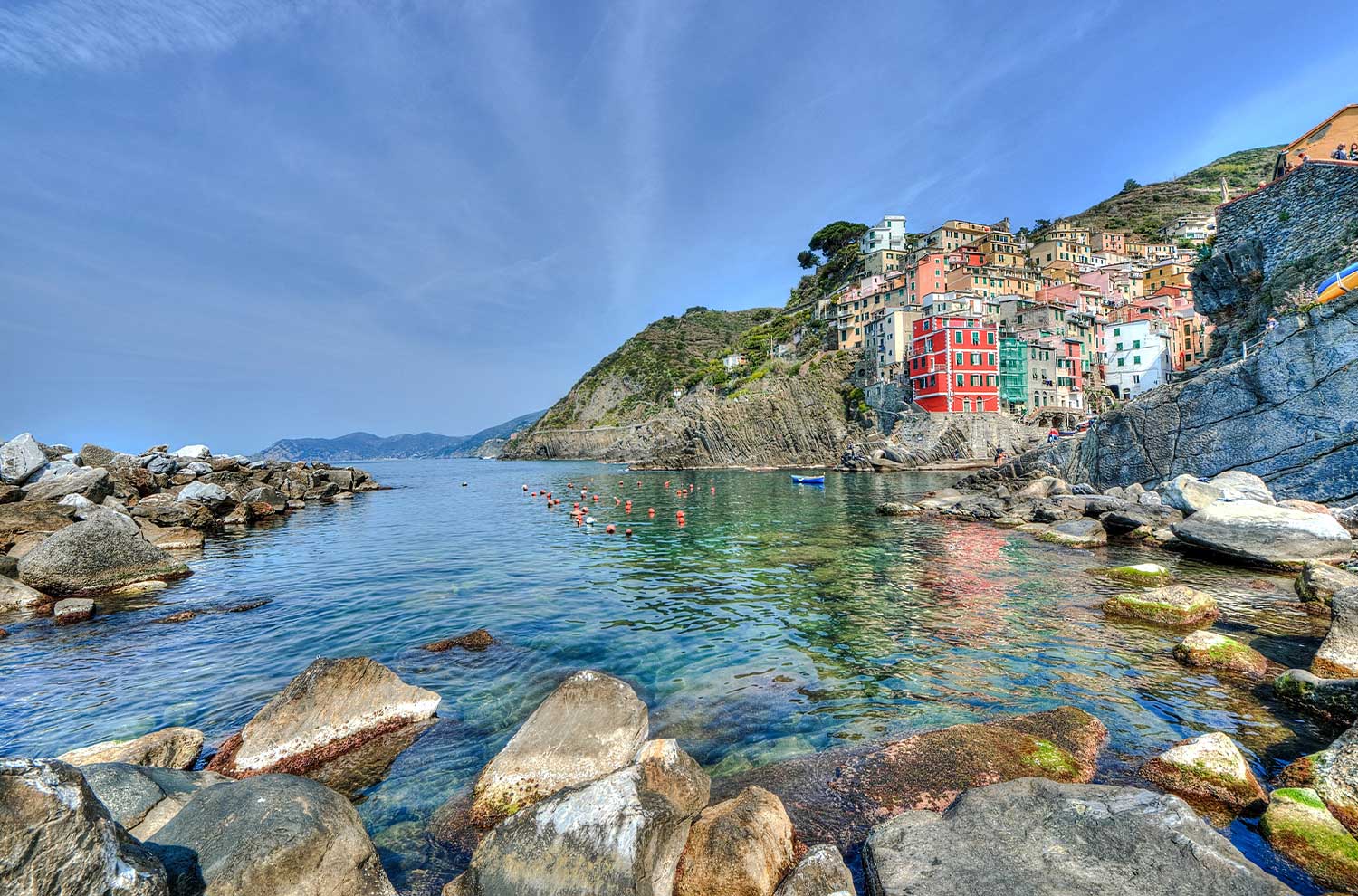When it comes to buy property in Italy Legal Due Diligence represents the necessary and very first initial step to do in order to avoid unpleasant surprises before any offer to purchase is placed in. Hiring the service of a trustworthy Italian Lawyer providing independent legal advises is certainly the ideal decision to go through a stress free process and being sure to rely on the support of a professional making his Client very best interest.
Legal due diligence is the process of collecting, understanding and assessing all the relevant documents and information related to the property transaction; it confirms the right value of the property, highlights the potential risks involved into the transaction and so help setting the right buying strategy; it’d be surprising how determinant could be the result of the analysis when it comes to estimate the value of a property (besides its mere market price).Ideally it should be committed before presenting any Offer to Purchase or formally entering the negotiation (i.e. LoI); nevertheless it can be carried out also in a second phase, so immediately after the “conditioned” Proposal of Purchase would be accepted by the Vendor. The whole process itself involves a complete analysis of the documentation, and in particular includes:
a. Title search: the legal check of the title of ownership and its history
b. Mortgage inspections: making sure there are no prejudicial inscriptions, debts of burdens against the property
c. Building Compliance: the respect with the city planning, environmental, urban and cadastral regulations; It mainly refers to the existence of the proper authorizations (i.e. building permit, certificate of habitability, building legalization, building amnesty, etc) confirming the regularity of the construction and the conformity to its proper legal use (Residential, Office, Retail, Industrial, agricultural, etc.) with the current urban planning/construction regulations.
d. Cadastral checks: It consists in checking the cadastral regularity of the property through land registry searches, cadastral plans and official graphic representations.
e. Property status of occupancy: it refers to the status of the possession/detention of the property, and in particular carrying out the formal checks about the existence of any occupancy title (i.e.. lease agreements, contract of use of premises, etc).
f. Energy Certificate (APE): The certificate of energetic efficiency (APE) is mandatory for each transaction; at the end of the Legal Due Diligence process the Consultant has to make sure that the property has one; if not it is necessary to make it; it is a document typically provided by the seller (and at his expenses).
Structural/Installations/Security Due Diligence
In some case it is also required to check the structural conditions of the property, its static and the level of security that the structure has.
Also it is important to get the certificate of compliance of the installations (water, electic, heating, air conditioning, etc). Due Diligence dealing with security instead is made up of the verification of documents to do with the carrying out of security regulations (i.e. fire prevention certificate, anti-seismic conditions).
Recent News & Events
The purchase of prestigious properties represents a safe and profitable long-term investment. This type of property presents very peculiar characteristics that make it particularly recognizable; among the various, the uniqueness of the property shines clearly in terms of location, historical-artistic value, enviroment, architectural character/personality and - latest trend - energy efficiency. The attention to [...]
Short-term rentals are confirmed as a formidable weapon for making income from properties purchased as an investment. But the tax authorities are tightening their shirts to intercept the owners of second homes and transactions, so as not to lose this important piece of revenue. Meanwhile, with a Verdict issued at [...]
Italy can request withholding taxes on short-term rentals. This was stated by the EU Court which (partially) agreed with the Italian State deeming the law on short-term rentals introduced in 2017 to be legitimate. The European Court of Justice has declared that the Italy can request information and data on the leases made [...]
The short-term rental regime was introduced into our legal system with Legislative Decree no. 50 of 24 April 2017, in article 4. This is a particular form of tax regime dedicated to the rental of residential properties for a period not exceeding 30 days. The tax regime for short-term rentals applies [...]




